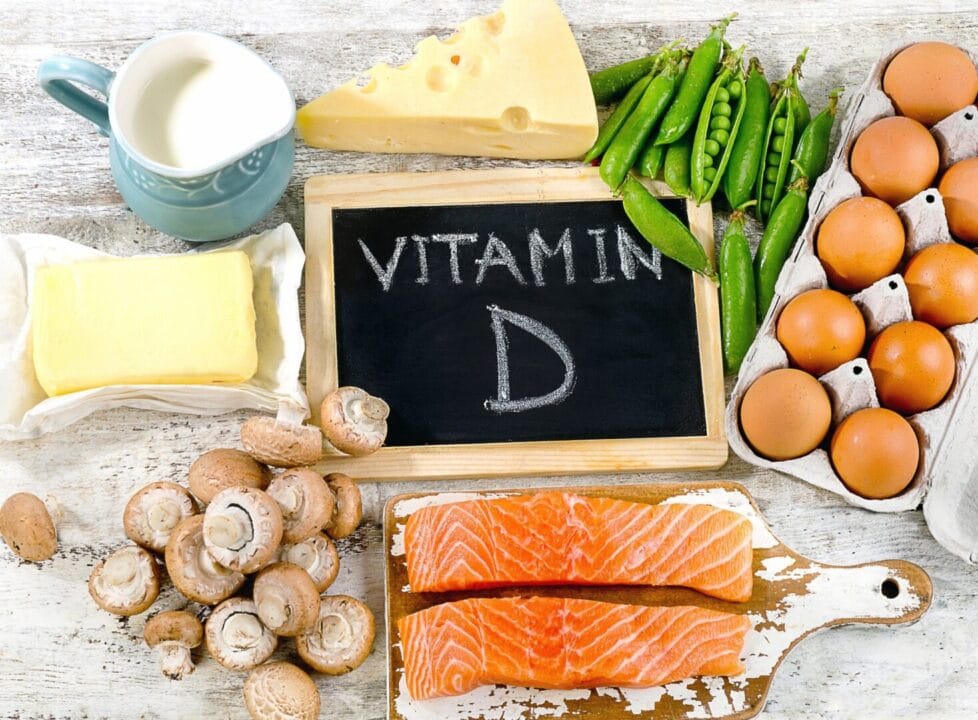Q.I’ve read that vitamin d is important for bone health and the sun gives an endless supply of it. does that mean i do not need vitamin d supplements if i’m living in sunny malaysia?
Answered by, Syireen Alwi, Malaysian Pharmaceutical Society, Pharmacy Lecturer.
Living in sunny Malaysia does not mean you do not need vitamin D supplements. Several studies have found that prevalence of vitamin D deficiency in Malaysia is as high as 78.8 percent among Malaysian adolescents aged 13 years old1, 67.9 percent among Malay community, 33 percent among 15 years old and 23.2 percent among Malaysian men4. These studies have also identified being female, Malay or Indian, urban residents, obese and those who have less outdoor activities are at a higher risk of developing Vitamin D deficiency.
Vitamin D is made in the skin when it is directly exposed to the sun. Thus, the amount of vitamin D produced depends on how much skin you are exposing, how long is the exposure, how dark your skin is, the time of the day and your age. An exposure of about 40 percent of the skin without sunscreen to midday sun for less than 15 minutes is sufficient to produce a week’s requirement of vitamin D5. However, for those with darker skin, aged 70 years and above, who are outdoors only in the morning or evening, who use sunblock when outdoors and who has less skin exposed due to conservative clothing, will require at least three to six times longer exposure to sunlight.
Vitamin D is essential for optimal health. It helps the body to absorb calcium which is then used to build bones and keep bones strong and healthy. Deficiency in vitamin D can lead to soft, brittle bones, bone pain and muscle pain and weakness. Around 95% of vitamin D is produced in the skin when exposed to sunlight whilst the rest comes from diet such as salmon, tuna, sardines, beef liver, eggs, tofu, cheese, some mushroom and fortified cereals and milk. Another source of vitamin D is supplements. It is recommended that for those who are not often exposed to the sun, for example, frail or housebound elders or those who usually wear clothes that cover up most of their skin when outdoors, should take daily vitamin D supplements to make sure they get enough. Speak to your pharmacist if you are unsure whether you need to take a vitamin D supplement or do not know what supplements to take.
References:
Al-Sadat N., Abdul Majid H., Sim PY, et al. Vitamin D deficiency in Malaysian adolescents aged 13 years: findings from the Malaysian Health and Adolescents Longitudinal Research Team study (MyHeARTs). BMJ Open 2016; e010689, doi:10.1136/ bmjopen-2015-010689
Moy FM. Vitamin D status and its associated factors of free living Malay adults in a tropical country, Malaysia. Journal of Photochemistry and Photobiology B: Biology 2011; doi:10.1016/j. jphotobiol.2011.05.002
Quah SW., Abdul Majid H., Al-Sadat N., et al. Risk factors of vitamin D deficiency among 15- year-old adolescents participating in the Malaysian Health and Adolescents Longitudinal Research Team Study (MyHeARTs). PLoS ONE 2018; 13(7): e0200736, doi.org/10.1371/journal.pone.0200736
Chin KY., Soelaiman IN., Ibrahim S., et al. Vitamin D status in Malaysian men and its associated factors. Nutrients 2014; 6: 5419-5433, doi:10.3390/nu6125419
Earnest BSP. Importance of vitamin D. New Strait Times. March 14, 2017












